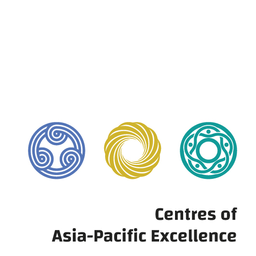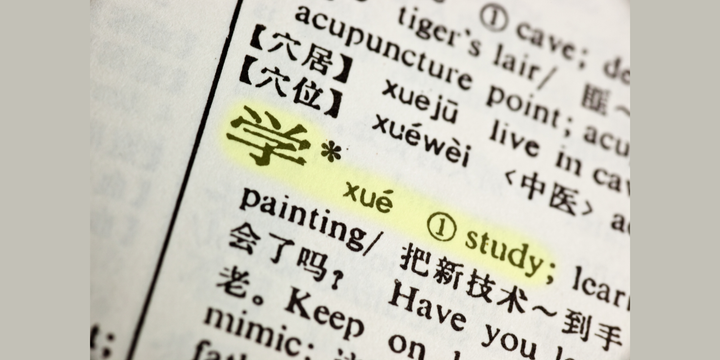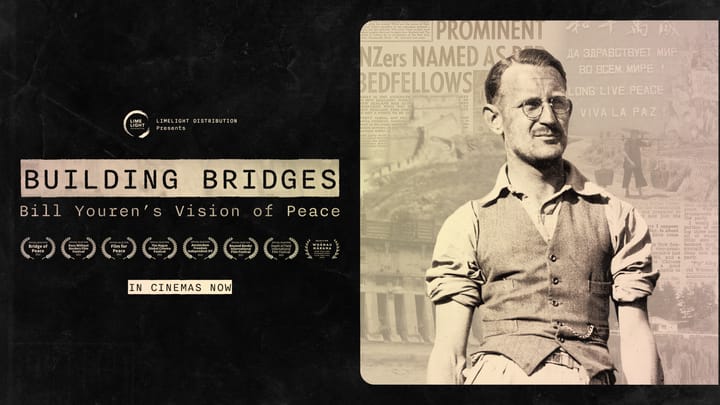Understanding and empowering Kiwis working in South Korea
Kiwis living and working in South Korea are a growing community. New research explores their experience to understand how this trend can strengthen bonds between the two countries.
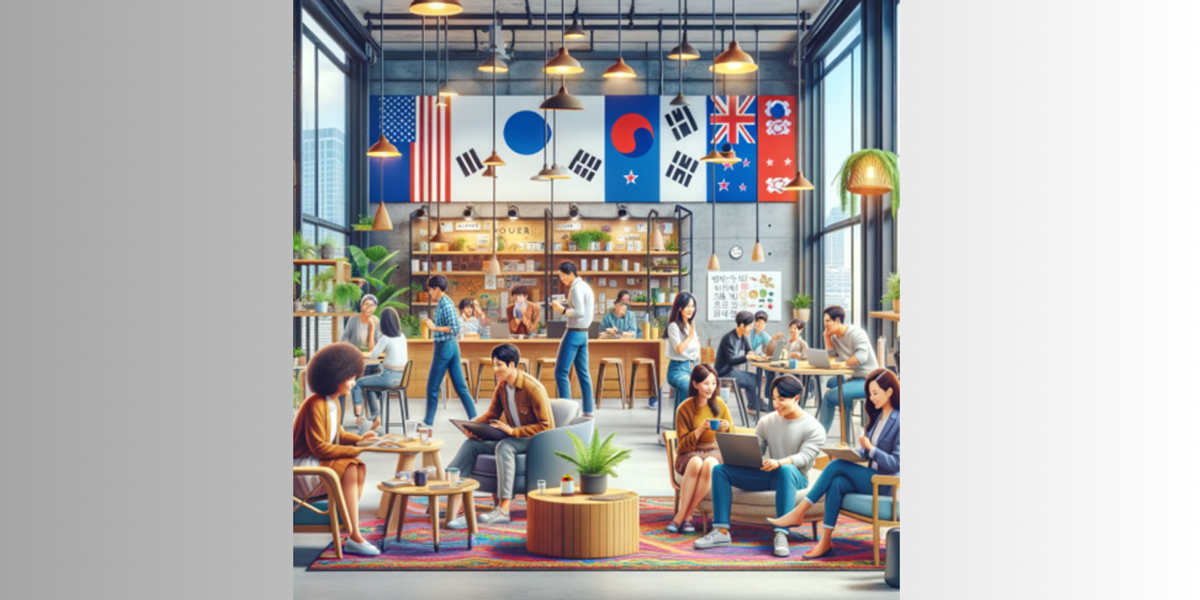
Aotearoa New Zealand has a strong bilateral relationship with South Korea, which is currently its sixth largest trading partner. But this connection goes beyond trade, with an estimated 4,000 Kiwis living in South Korea.
What draws Kiwis to South Korea and what challenges do they need to overcome to succeed there? What motivates some to make their lives there long-term? These are the motivating questions behind Forging Pathways: Understanding and Empowering the New Zealand Workforce in South Korea, a report commissioned by the North Asia Centre of Asia-Pacific Excellence.
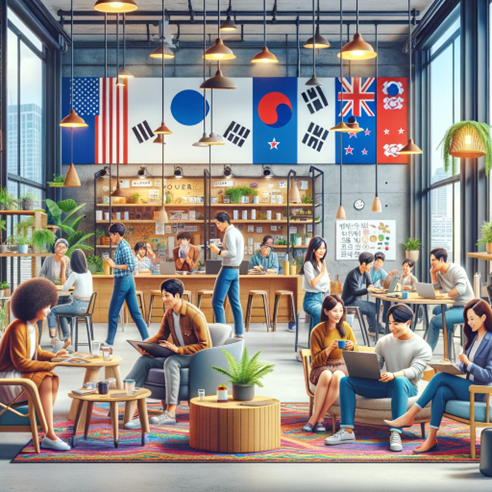
The report was produced by Dr Yuri Seo, Associate Professor of Marketing at the University of Auckland Business School, and Dr Amy Errmann, Senior Lecturer in Marketing and International Business at the Auckland University of Technology (AUT).
Seo studies consumer behaviour, including consumption subcultures, where otherwise different people find a shared identity in their love of a product or brand. He saw parallels between consumer subcultures and expat communities.
“An expat community may not be a subculture, but they get this shared identity from the fact that they’re from New Zealand but living overseas in Korea,” says Seo.
Similarly, Errmann’s consumer research seeks insights into people‘s purchasing decisions, and she was excited to explore motivations and decision making in a different context. “The South Korea research was a perfect mix between understanding people and the decisions they make to move somewhere,” she says.
Seo and Errmann interviewed nine New Zealand professionals living in South Korea—representing a mix of ages, genders, and occupations—to understand their lived experiences.
Cultivating connections is key
One of Errmann’s biggest takeaways from the interviews was the importance of networks—both online and offline. While technology like social media makes moving abroad easier and serves as a vital integration tool, in-person networks are still the main way to create community. These networks, says Errmann, could be casual like touch rugby or a Pasifika club, or professional like a Kiwi alumni group or the New Zealand Chamber of Commerce.
“Joining networks helps people build relationships. If you’re planning to move to South Korea, it’s important to think about what types of networks you can embed yourself in when you get there.”
What was surprising, observed Errmann, was once people formed bonds and immersed themselves in the culture, they started noticing similarities instead of differences. Errmann points to one Pasifika interviewee as an example.
“She realised that the structure of Korean families was traditional and hierarchical, and that her background as a Pacific person was quite similar. It made the connection with her and the people she made friends with so much stronger.”
Careers beyond teaching English
The report outlines various professional pathways in South Korea. Many Kiwis go overseas to teach English and South Korea is a popular option.“That works well largely because the Korean government has established programs for attracting English speakers to teach in universities,” explains Seo.
But the report uncovers other jobs that Kiwis in South Korea can pursue, including in academia, media, and the corporate and private sectors, as well as entrepreneurship.
“It’s interesting to see how people develop different pathways—there’s no one right way of doing things. People who are open to different ideas and understand that different cultures have their own specificities are the ones doing well,” says Seo.
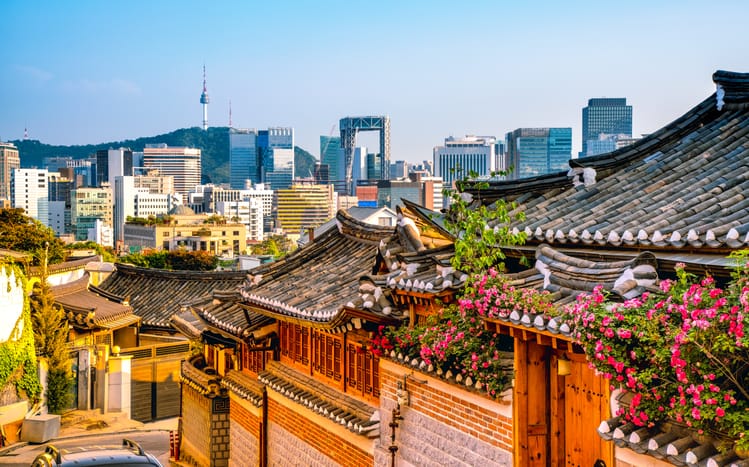
Knowledge fortifies bonds
Seo explains that the report provides a better understanding of Aotearoa’s connection with South Korea, and a broader picture of how the two countries engage.
“The report is a good resource to have, especially for businesses wanting to establish themselves in an Asian market. It’s a starting point for people who might be thinking of what support is available,” says Seo.
For Errmann, their study is significant because “we live in a global society where most people will have an experience of going abroad in their lifetime, whether that’s for an OE or to move to a different country. Giving people the best tools to be able to do that is important.”
The researchers also hope to bridge cultural gaps when it comes to ways of working. “South Korea is quite competitive when it comes to work, and they might be a bit more fast-paced than we are in New Zealand,” observes Errmann. She suggests that such differences can lead to strength:
“If we can mix our knowledge around resiliency and running small- and medium-sized businesses with the learnings of competition and innovativeness in South Korea, we can fortify our partnership,” says Errmann.
Understanding the New Zealand workforce in South Korea also contributes to Aotearoa’s engagement with the Asia-Pacific region.
“A big relationship-builder is the knowledge-sharing around human resources and the way people work. When you have people moving between different countries, they bring knowledge back with them or bring knowledge where they go. The biggest strength in improving our relationships is the knowledge translation we get from people moving around,” says Errmann.
Regarding future research, Errmann thinks it would be interesting to carry out a quantitative study, to include statistics on the demographics of people leaving New Zealand and working in South Korea, and the professions they’re pursuing.
Read the full report

Read more research from Dr Yuri Seo

* Quotes in this article may have been edited for clarity and brevity. The views expressed in this article do not necessarily represent the views of the Centres of Asia-Pacific Excellence.

